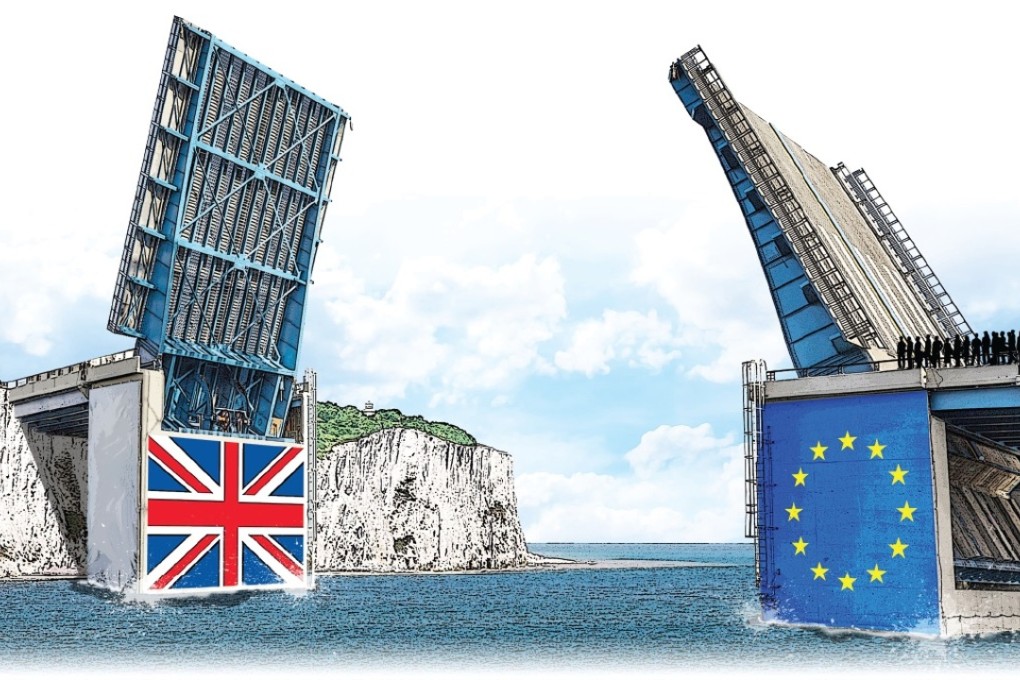‘Brexit’ will weaken Britain’s military and intelligence capabilities, analysts say

The European Union commands no army, navy or air force. It doesn’t run a spy service, either, and its Brussels-based bureaucrats can’t make decisions about war and peace.
Yet when Britain votes June 23 on whether to leave the world’s largest economic and political bloc, the pillars of Western security could be on the line.
A British decision to exit the 28-member union, experts say, could have disastrous repercussions for a US-led post-Cold War order that relies increasingly on a united Europe to deter adversaries through economic sanctions, to pool intelligence about trans-national threats and to supply the diplomatic muscle to help contain conflicts.
While a British departure would not preclude the EU from those roles, the loss of a nation with the world’s fifth-largest economy and defence budget would undoubtedly blunt Europe’s punch. And it could presage a broader disintegration at a time when Europe’s adversaries - from Russia to the Islamic State - already sense a level of vulnerability on the continent unlike any seen in decades.
“This is a huge call,” said Robin Niblett, director of the London-based think tank Chatham House. “The UK would be leaving the EU at a particularly dangerous moment in international relations. That can’t be a good thing.”
But ironically, security fears may ultimately help those arguing for “out” more than they do backers of the call to remain “in.”